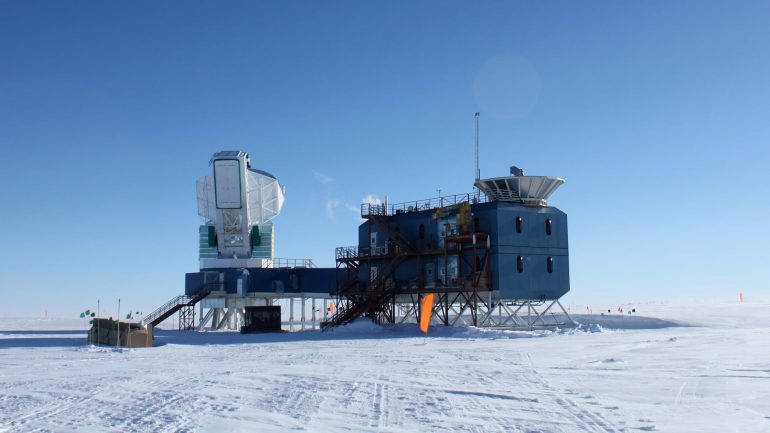Theorists have suggested several changes to the Standard Model that may explain this difference. Take, for example, cosmologist Mark Kamionkowski of Johns Hopkins University in Baltimore and his colleagues. Two years ago they brought another component to the standard model. Ultimately, it was a matter of specifying an idea that he had worked with for years with other groups. Their “early dark energy” would be a kind of liquid that initially pervaded the entire universe, but then disappeared again a few hundred thousand years after the Big Bang. It doesn’t seem particularly convincing, says Kamiankowski, “but it’s the only model that works in the end.”
In young universe, plasma may cool faster
In their scenario, the initial dark energy was not strong enough to cause an accelerated expansion as “normal” dark energy is currently doing. But it is said to cause the plasma released from the Big Bang to cool faster than it otherwise would have. This in turn affects how background data are interpreted – particularly in relation to the age and rate of expansion of the universe. Both are calculated from the distances that sound waves could have traveled in the plasma of the young universe before the gas had cooled. During this transition, some patterns and features remained in the microwave background, which can be determined with Planck and similar observatories and used for age calculations.
The two studies now published show that the polarization in the microwave background, as recorded by ACT, fits better to the earlier dark energy model, compared to the conventional Standard Model without. As a result, the universe today would be only 12.4 billion years old and thus about eleven percent younger than the 13.8 billion years suggested by the Standard Model, say co-authors from ACT Study Hill. And accordingly it will expand about five percent faster. This brings the expansion rate closer to a value that astrophysics has determined with the help of alternative methods.
“Perfectly calm, grounded people”
He was always skeptical about the concept of “early dark energy,” says Hill, but his team’s results surprised him himself. Vivian Polin, an astrophysicist at the University of Montpellier in France and co-author of the second study, which is based on the ACT data, says it is comforting that his team’s analysis is consistent with that of the ACT team. According to Kamiankowski, both papers were written by “absolutely cool, down-to-earth people” who are extremely familiar with data and measurements.

Web guru. Amateur thinker. Unapologetic problem solver. Zombie expert. Hipster-friendly travel geek. Social mediaholic.





